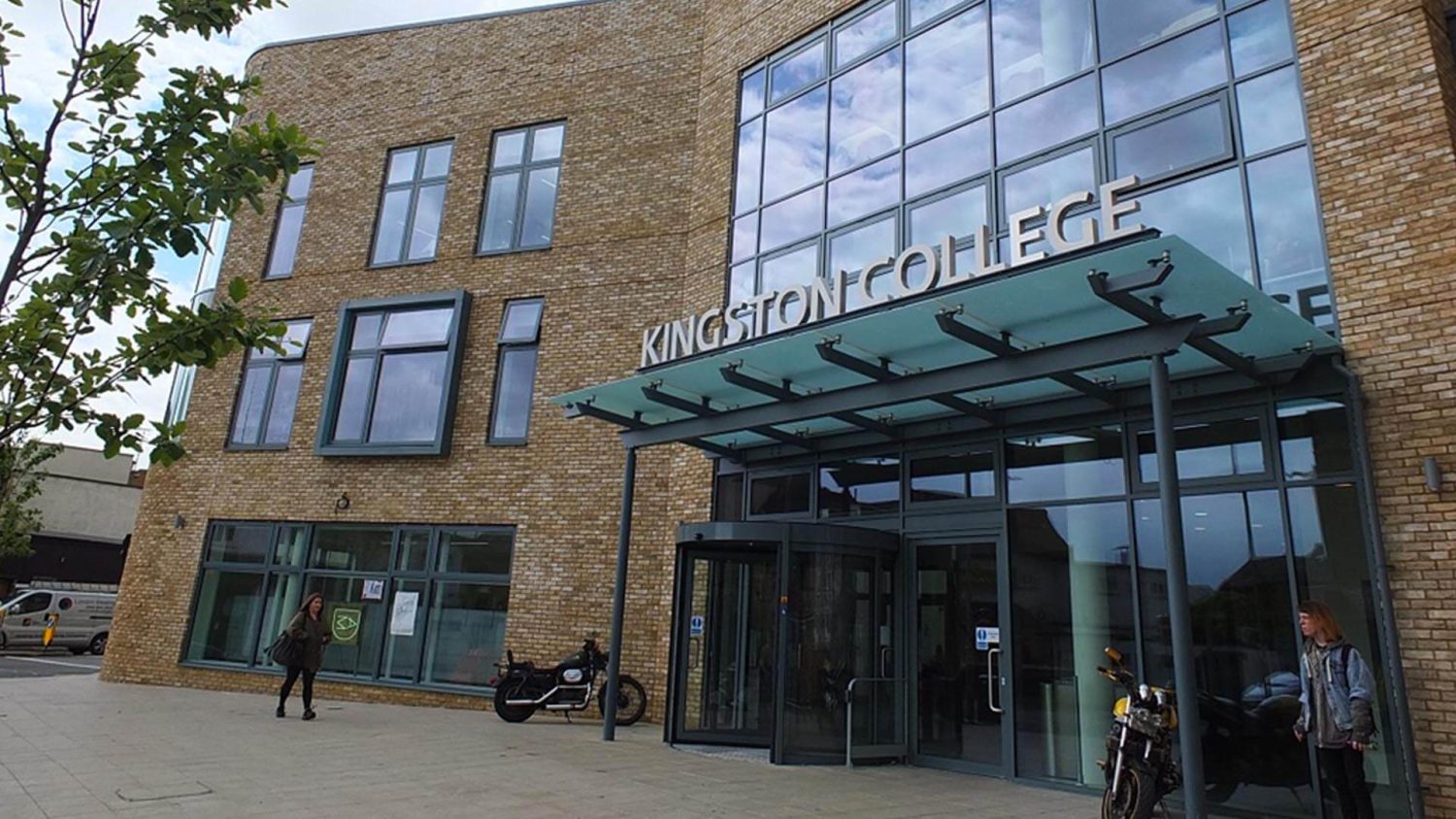Skills for now to create the workforce of the future

Whilst this week we’re seeing the next step in the reopening of the economy as lockdown is eased, last week we saw a Queen’s Speech in which the Government made legislation to transform the College sector and its relationship with local skills needs central to its programme.
Two separate measures, of course, but let’s try drawing a line between them and see what we get.
Right now, after lockdown, many businesses are struggling to keep going; costs are high, demand patchy and labour supply uncertain. Most will make it back up to a good level of operation if we’re not swept under by another surge of Coronavirus cases during the Summer or Autumn, but, even without a rise in infection rates, it won’t be easy.
There are many people without work right now, but the economy is changing shape and sectors are variously dealing with contraction, expansion, the rush to digital and high levels of regional and international migration. In some sectors, much of the workforce has simply left. The result is that there is the risk of significant misalignment between the skills of the unemployed and the emerging needs of the businesses that are poised to thrive in the coming months.
Next, imagine it was the specific, legal duty of local Colleges to tackle the question of skills supply.
This is exactly what the Skills for Jobs Bill will put into law. It will bind Colleges and their curriculum offer to the needs of local employers and require them to organise their teaching to meet the skills gaps in the local economy.
This new piece of legislation foresees a much higher degree of organisation and communication between employers and Colleges, strong partnerships holding the two together to drive up economic participation and meet business needs as they develop. The concept is simple and potentially very positive for those of us in the College sector desperate to tackle unemployment and poverty head-on.
We want to be the route for people without work into jobs. We want to drive prosperity for all and create better futures for the vulnerable households of south-west London.
Knowing exactly what skills are needed out there would unlock so much of our work. We often have to guess, try things out, hope a course will run. We love the work involved in linking with employers individually: the thousand-plus relationships we enjoy with local businesses enrich and focus our teaching. There’s nothing more rewarding than tailoring a course to specific needs, linking funding, curriculum, assessment and students to a local company to make sure they and their staff thrive.
We are truly lucky to have fantastic partners in so many brilliant local businesses who want to inspire, train and support local recruits, knowing full well that there’s a great return to had from investment in new people.
But, alongside that, the possibility of a scientific process that draws out the data and turns it into real programmes of study, backed by qualifications and supported by employers, is an enormous opportunity for integrating business knowledge with vocational education. The prospect of a system that delivers this and can channel talent where it’s needed is to be welcomed.
We’re relishing the chance to build bigger partnerships with the bodies that will organise and amplify the expectations of local employers so that we can accelerate the pace at which people find great jobs and rise to their potential. We would be proud to do even more to support employment and opportunity, especially now. The quicker we can drive up the supply of skills, the better the recovery will be and the more we can deliver our core mission of social mobility and economic inclusion.
This is a piece of legislation we’re really looking forward to and are ready to help make it all happen!



